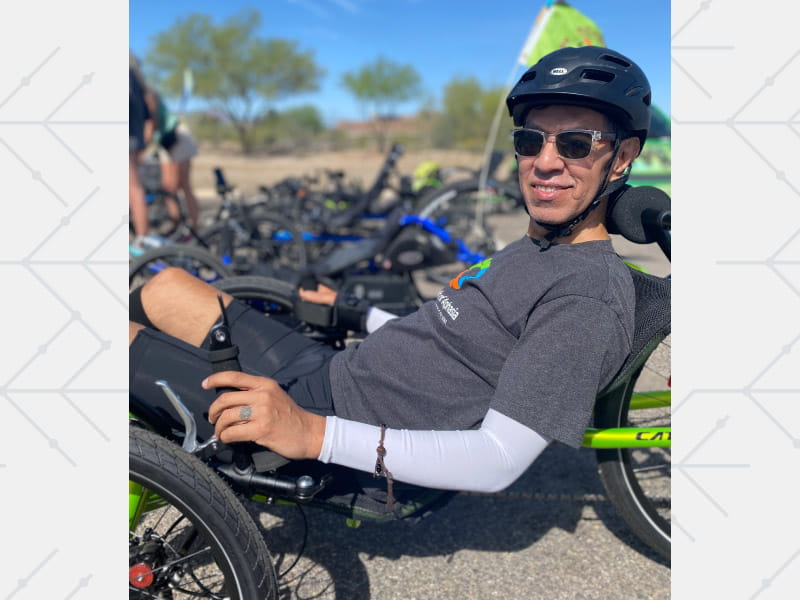
RÁPIDO aims to get native Spanish speakers to recognize stroke signs fast
Sep 15, 2023
Like the English mnemonic FAST, RÁPIDO is intended to make it easier for Spanish speakers to remember the signs of a stroke.

Sep 15, 2023
Like the English mnemonic FAST, RÁPIDO is intended to make it easier for Spanish speakers to remember the signs of a stroke.

Aug 3, 2023
Black adult stroke survivors have more risk factors than non-Black peers. But intensive medical management may help cut some disparities, new research suggests.

Jul 26, 2023
Most strokes are preventable, says Dr. Bruce Ovbiagele. Here's what he does to keep his own brain healthy.

May 22, 2023
A critical part of stroke recovery is rehabilitation. But researchers are finding inequities among Hispanic survivors.

May 19, 2023
Most strokes happen in the brain, but they also can occur in the eye or spinal cord.

May 15, 2023
Research needs to look at upstream causes for "enormous inequities in stroke care," say authors of a new science report.

May 1, 2023
More than half of stroke survivors experience cognitive impairments within the first year. A new science report says screening is needed to detect problems early and determine treatment.

Apr 3, 2023
Brain health experts look at what's known about the link between blood vessels, dementia and other brain disorders in a new science report.

Feb 20, 2023
Up to half of stroke survivors may experience depression at some point. Sen. John Fetterman's treatment is drawing attention to the issue.

Feb 6, 2023
Indigenous people may have more strokes than non-Indigenous people, even in highly developed countries, according to new research that suggests a dire need for more data on the topic.